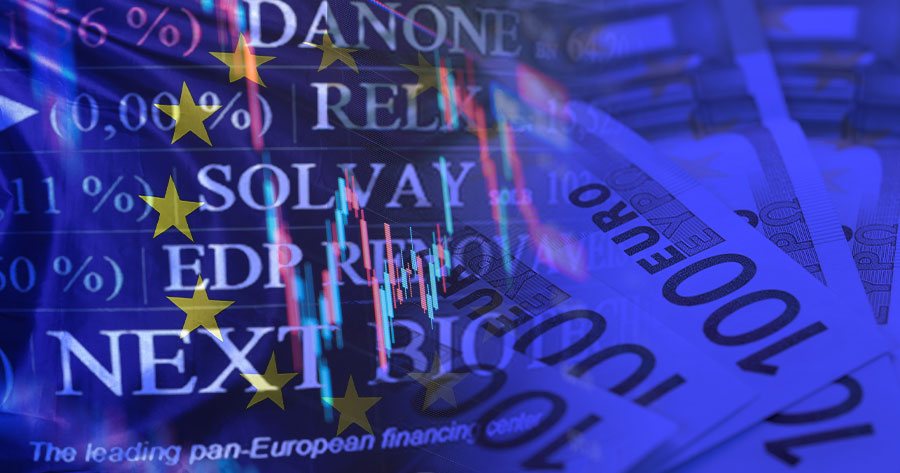The euro fell to a new two-decade low on Tuesday as Europe was weakened by fears over energy supply and economic growth.
At its recent lowest, the euro dropped to 0.9909 against US dollar, a level not seen since late 2002. It is currently trading at $0.9914, down 0.29%.
Russian energy company Gazprom said earlier this week that it will shut its Nord Stream 1 gas pipeline for three days starting on August 31, citing the cause of maintenance on the pipeline which runs between Russia and Germany.
The unscheduled closure could affect plans by European countries to fill their gas reserves before the winter. Gazprom said that it will resume supply after September 2 but only at 20% of the pipeline’s full capacity.
This unexpected move by Russia again raises concerns it won’t return after the work, and drove up European benchmark gas futures as much as 21% overnight.
Heatwaves on the continent have already strained energy supplies, and now there are growing concerns that a disruption in the middle of winter may have a severe effect on economic activity.
“Given the current mood, there’s obviously concerns as to whether that’s going to be three days or whether it’s going to be three years,” said Ray Attrill, head of FX strategy at National Australia Bank (NAB).
“Is it really just going to be a three-day maintenance or is this just another example of weaponisation of gas supply into Europe?” he added.



